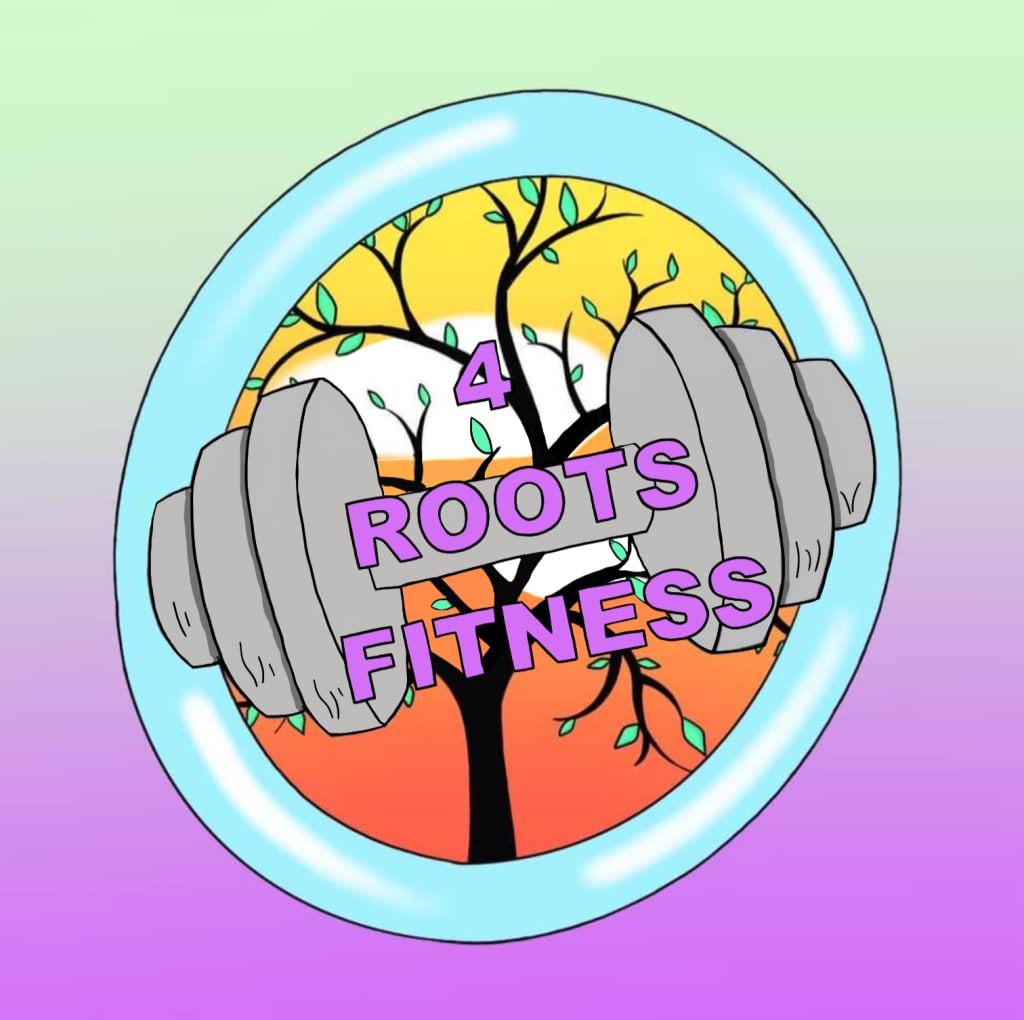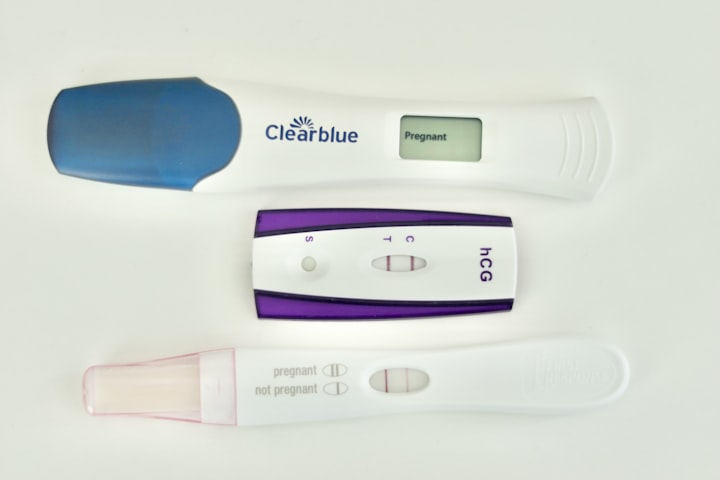Why Long Term Diets Don't Work
How to effectively eat to achieve your goals.

7049 Taylorsville Road Suite A,
Huber Heights, OH 45424
937-233-1755
By: Nicco Libertini- Holistic Health Practitioner
November 10, 2020
Let's be real here, diets don't work. Every ad on Instagram is telling you "Do this 6 week diet for a six pack" or "Lets get toned ladies with this 12 week diet for summerrrrrrrr!" Then all that diet consists of is eating 800 calories for the whole duration of the diet, or even worse, continuing to decrease calories lower and lower as the diet continues. After the diet is over, you lost a total of 5 pounds and can't eat anything over 800 calories without gaining weight. Congrats, you just damaged your metabolism and now you need to work with a professional like me to repair it. Instead of going through all of that, I'll just show you how to eat to achieve your weight loss/gain goals. Before I get into that, let's talk about how the metabolism works when you lose weight.
The metabolism is any process that occurs within an organism to maintain life, this can be anything from eating and processing food to walking from your car into the grocery store to sitting around doing nothing. As we lose weight our metabolism starts to slow down, this is due to the fact that we are losing metabolically active tissue such as some muscle as stated in the research article Metabolic adaptation to weight loss: Implications for the athlete. When we lose this tissue, our body overcompensates to promote getting back to your base bodyweight. The thermogenesis that happens in your body is also affected. Thermogenesis is how your body burns calories through sitting around or doing some sort of activity like walking or exercising. This slows down because our body gets more efficient at burning calories to prevent starvation.
You're probably asking, "How do I stop this from happening?" and the answer to that is you can't stop it completely, but you can minimize the the damage it does to your metabolism through diet breaks. Science daily did a study showing doing intermittent calorie restriction diet in intervals of 2 weeks showed a significant amount of weight loss as well as they maintained their weight better after the diet was over. Mind Pump Media also had a similar viewpoint with a 3-4 week phase is a calorie deficit and a 1-2 week phase in a calorie maintenance or slight surplus. You can also minimize this metabolic damage by exercising in a way that promotes muscle growth, and increasing your nonexercise activity thermogenesis (NEAT).
In conclusion the best way to eat is the one you can do most consistently, even though the science says intermittent dieting if you can't maintain that, then its not the right one for you. With that being said, make sure you try out different methods for everything to see what you can maintain the easiest. For me personally, I can be really consistent with the intermittent diet because I know that I don't have to be in a calorie deficit for long periods of time before I can eat again. This is a game changer mentally as well because there are small goals you can set and achieve to propel you to the big goal of weight / fat loss.
Now let me ask you these questions:
Have you done diets before?
Do you have a hard time losing weight specifically around the belly area?
Now that you have learned about intermittent dieting, would you try and implement this into your lifestyle?
Some other resources I had used are:
Why We Get Slow Metabolisms & Should You Reverse Diet? Science Discussion ft. Dr. Eric Trexler
About the Creator
Nicco Libertini
CHEK Holistic Health Practitioner/Personal trainer dedicated to providing as much FREE information to better educated the importance of a healthy lifestyle!






Comments
There are no comments for this story
Be the first to respond and start the conversation.